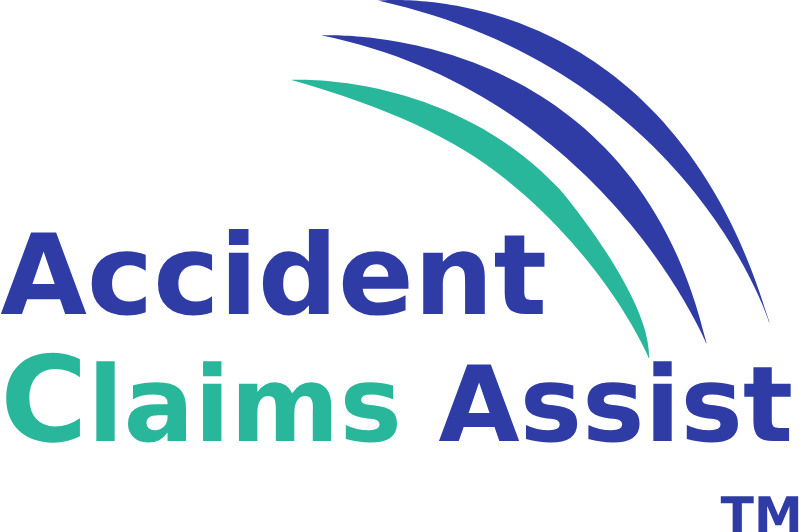The position of a Private Hire Vehicle (PHV) driver, commonly known as a PCO (Public Carriage Office) driver, is challenging and comes with significant responsibility—especially when transporting passengers through busy cities. As you’ve rightly pointed out, accidents can happen, even to the most experienced drivers. In the event of an accident while carrying a passenger, there are several legal, financial, and practical considerations that both the driver and passenger need to understand.
PCO Driver’s Obligation:
PCO drivers have an increased responsibility to ensure the safety of their passengers. This includes regularly maintaining the vehicle to keep it free of defects, staying vigilant on the road, and driving in a manner that is safe for all road users. In the event of an accident, the driver must take immediate steps to check for injuries, contact emergency services, and document the scene.
Legal Consequences:
The legal consequences for PCO drivers can be significant, especially in cases involving injury or substantial damage. Below are some key points:
- Insurance Requirements: PCO drivers are required to have hire and reward insurance, which provides coverage for both the driver and passengers. This insurance is more comprehensive than standard private vehicle insurance.
- Determining Liability: If the PCO driver is not at fault, their insurance will typically cover the passenger’s injuries and damages, and the insurer may pursue the responsible party’s insurance company. However, if the driver is at fault, their insurance will still cover the passenger, but the driver may face higher premiums or other financial consequences.
- Legal Action: If negligence or reckless driving is involved, the driver may face legal charges, which could result in fines, license suspension, or even imprisonment, depending on the severity of the situation.
Financial Consequences:
Accidents can have a lasting financial impact on PCO drivers:
- Increased Insurance Premiums: After an accident, even if the driver isn’t at fault, their premiums may increase, especially if a claim is filed under their insurance.
- Loss of Earnings: Accidents that cause damage to the vehicle may leave the driver unable to work until repairs are completed. This can result in a significant loss of income, especially if the driver relies on the vehicle for their livelihood.
- Legal Costs: If legal proceedings follow, the driver may incur costs for legal representation, as well as potential settlement expenses.
Actions for Passengers After an Accident:
Passengers involved in an accident while in a PCO vehicle should also be aware of the steps they should take to ensure their safety and protect their rights:
Ensure Your Safety: The first priority should be making sure everyone is safe. If necessary, exit the vehicle carefully and move to a safe location.
Gather Evidence: Passengers should gather the at-fault driver’s details, insurance information, and vehicle registration number.
Document the Scene: Take photos or videos of the accident scene to provide evidence for any future claims.
Seek Medical Attention: Even if you feel fine, it’s important to seek medical attention as some injuries may not show immediate symptoms.
Report to Authorities: Depending on the severity of the accident, the police may need to be involved, especially if there are injuries or major damages.
Preventive Measures for PCO Drivers:
To minimize the likelihood of accidents, PCO drivers should take certain precautions:
- Vehicle Maintenance: Conduct regular checks to ensure the vehicle is in good working order, including the brakes, tires, lights, and other safety features.
- Focus on Driving: Minimize distractions like using mobile phones or other devices while driving.
- Follow Traffic Rules: Adhere to all traffic laws, including speed limits, and pay close attention to road signs.
- Defensive Driving: Stay alert to potential hazards and be prepared to take evasive action to avoid accidents.
While accidents are an unfortunate reality for PCO drivers, understanding the legal and financial implications and knowing the proper steps to take afterward can help both drivers and passengers manage the situation effectively.
For PCO drivers, maintaining a high standard of driving and vehicle upkeep can significantly reduce the risk of accidents. For passengers, knowing their rights and what actions to take ensures they are protected and receive the support they need if an incident occurs.





